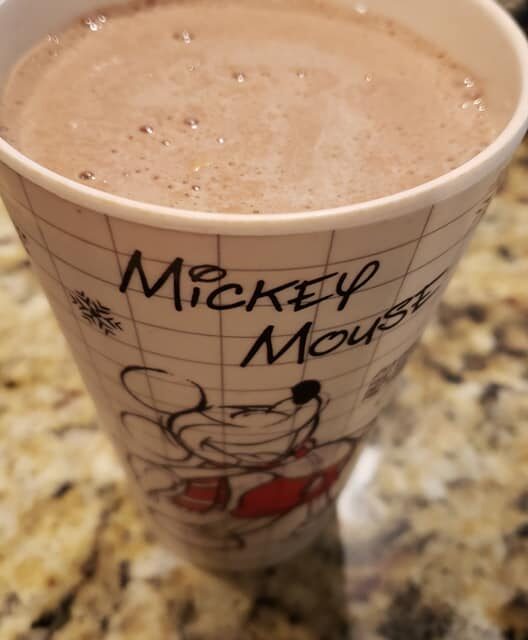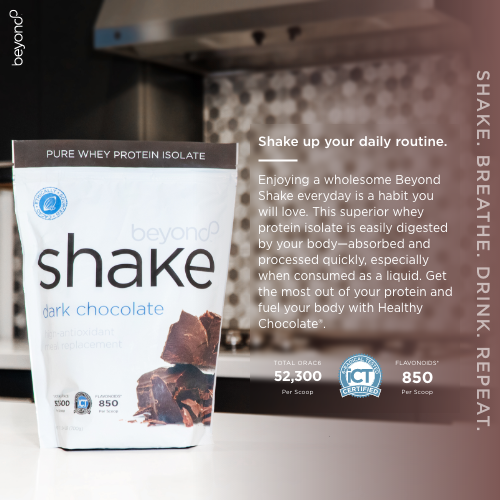Benefits of Eating Healthy Foods
Brain food nutrition autism. This past weekend, I attended a conference for caregivers and Floridians with all types of disabilities for information, training and networking called The Family Cafe. It was here that I found a session on nutrition in autism. I knew I had to attend this as we personally witnessed a benefit with nutrition for our son. When my son received his autism diagnosis many years ago, I felt like we were flying by the seat of our pants. Initially I reached out to doctors including neurologists, psychiatrist and pediatrician for help in controlling some of the more challenging symptoms.
Issues Escalate
No solutions were available to solve them, medications were not helping, and issues escalated. Eventually these issues came to a head when my son was overwhelmed and pushed me in the driveway. He broke my right shoulder and left arm. I was scared. He was 19. I was afraid he could be arrested or that our other children could be taken from the home. We needed help, but there were no resources in our area. Things were hard.
Looking For Answers
As a mom, I was frustrated. We did not have answers and did not know what to do. I knew my son was not eating well. He did not like textures of foods and was beyond picky. He would not touch vegetables. There were not many foods he liked. I felt like improving nutrition could help. I found a protein shake I thought might be a good source of nutrients and asked his specialist for her opinion. She agreed that he was not eating well. Most people with autism struggle with diet. She had no problem with him trying this healthy chocolate meal replacement shake. My son and I decided to try it together.
The Special Disney Cup
I remember buying him a special Disney cup. It was a big deal and the only reason he agreed to try the shake in the first place. That was over 10 years ago and we both still have this shake every morning for breakfast. Long story short, we noticed a benefit improving his diet. Even the doctor noticed. We made the mistake of stopping this shake at one point and quickly realized all the issues he had in the beginning reappeared within a few days. So, we continue with this shake. Brain food nutrition autism. Is there a connection?
Nutrition and Autism
I learned at the nutrition class on autism that David Rivas experienced the same benefit when he improved his sons nutrition. His book “Resilient Brain; Five Steps to Sharpen the Mind In Autism With Nutrition” details their story. David was a pharmacist who went back to school to get his Masters Degree in Nutrition and Functional Medicine to help his son. I bought his book and am still reading it, but what I learned over the years and from listening to author David Rivas has me convinced that nutrition is a vital component of any autism treatment and diagnosis. In the class,
Tips on how to add nutrients
I learned that adding extra virgin olive oil to his foods is beneficial. It never even crossed my mind that it would not be hard to add it to shakes, smoothies or other foods. I also learned there are studies showing those with autism need to increase vitamin D.
Dark Chocolate Shake
If you have been to the grocery store lately, you know that prices of groceries are through the roof. The costs of the meats I buy have literally doubled. FInding affordable prices on organic fruits and veggies is not easy. Alternately, the shake I order for my son and I is affordable. I literally buy the shake, almond milk or other plant milk, frozen banana and a little peanut butter. One bag of the shake lasts 28 meals when you make it with one scoop. My son is now 29. We both do a 2 scoop shake. Each scoop of this shake is 850 mg of flavonoids and a total ORAC6 score of 52,300. So when we make our son a “double” shake, he is getting 1700 mg of flavonoids. Brain food nutrition autism and inflammation?
Inflammation and Flavonoids
Flavonoids are known to lower inflammation. Lowering inflammation is one of the key issues mentioned in the Resilient Brain book. The research article listed at the NIH, “Anti-inflammatory effects of flavonoids” had this to say about inflammation.
“Inflammation plays a key role in diseases such as diabetes, asthma, cardiovascular diseases and cancer. Diet can influence different stages of inflammation and can have an important impact on several inflammatory diseases. Increasing scientific evidence has shown that polyphenolic compounds, such as flavonoids, which are found in fruits, vegetables, legumes, or cocoa, can have anti-inflammatory properties. Recent studies have demonstrated that flavonoids can inhibit regulatory enzymes or transcription factors important for controlling mediators involved in inflammation.”
Resources
If you are looking for ways to improve nutrition for someone with autism, I recommend you get the book “Resilient Brain”. You can find it here on Amazon on kindle or paperback.
I also personally recommend the beyond shake dark chocolate. This high antioxidant meal replacement has been an easy way for us to improve nutrition for our son. It can be difficult to search out fresh fruits and veggies for smoothies but the shake has made it easy. I buy bananas, peel and cut them in sections and freeze them, For his shake, I add 1/2 a frozen banana, a little peanut butter powder or Peanut Butter, 1 cup ice, 1 cup water and 2 scoops of the shake. Sometimes we make it with 1 cup plant milk, 1 cup ice and 1 or 2 scoops of the shake. Check out our video making the shake with the new plant based Banana Milk. My son liked that one too.
Nutrition matters. We see benefits and others do too. What do you have to lose? Reach out to Lynette Henk of Three Sons Marketing LLC at 941.676.7300 or visit HealthyChocolateFix.com.
Three Sons Marketing LLC is an affiliate of MyDailyChoice. Contact us today to get your healthy chocolate fix.
These statements have not been evaluated by the Food and Drug Administration. These products are not intended to diagnose, treat, cure or prevent any disease. MyDailyChoice, Inc. assumes no responsibility for the improper use of and self-diagnosis and/or treatment using these products.
Maleki SJ, Crespo JF, Cabanillas B. Anti-inflammatory effects of flavonoids. Food Chem. 2019 Nov 30;299:125124. doi: 10.1016/j.foodchem.2019.125124. Epub 2019 Jul 3. PMID: 31288163.



